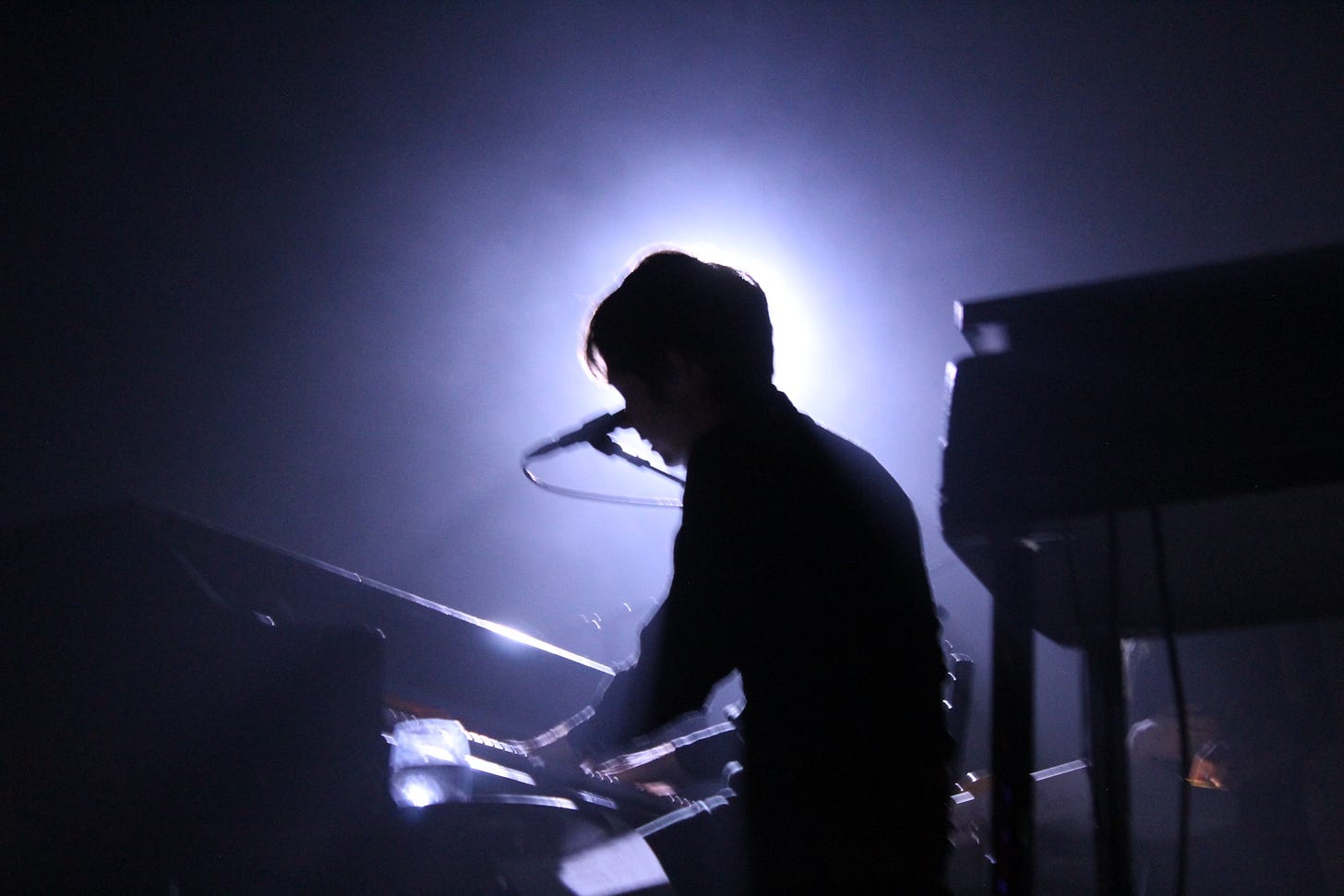The Sonic Knife Fights and Dreamscapes of Matt Maltese and Cornelia Murr
Quick note before we get into today’s story — I’ve got a new piece up in Westword!
If you’ve been digging what I do here, you can really help by clicking through and giving it a read over there. Every click shows them you’re out there following along and makes it easier for me to keep bringing this kind of work your way. Read it by clicking here.
By Jason…



